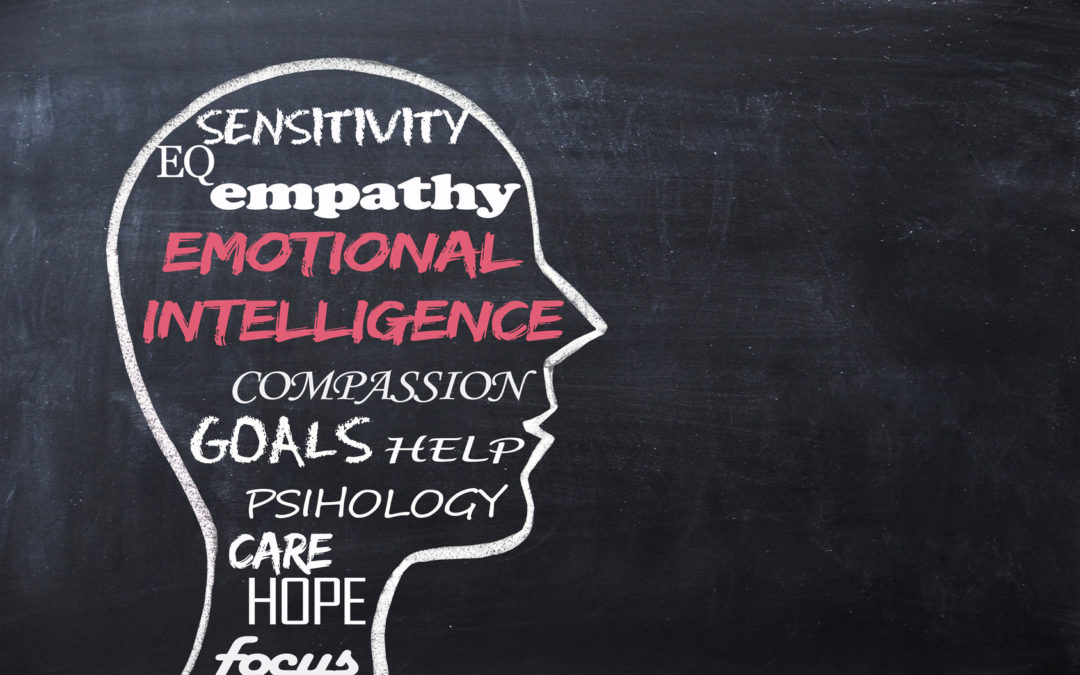The markets show that the economy has improved since the 2008 recession. But many Americans are still struggling to find work.
Even a college education is no longer a guarantee of employment. Among young college graduates, there is a 5% unemployment rate and a 12% underemployment rate.
While Americans are searching for work, many employers struggle to fill open positions. According to these employers, candidates they interview lack the “soft skills” needed to ensure success.
The ability to communicate and demonstrate emotional intelligence in the workplace are both soft skills. Supervisors look for employees with these skills. That’s because they are essential to working well with coworkers, clients, and management.
Let’s take a closer look at what emotional intelligence is and how you can develop it.
What is Emotional Intelligence?
Emotional intelligence is the ability to identify, manage, and understand your own emotions, as well as the emotions of others.
Individuals who have emotional intelligence can recognize their own emotions and feelings. They can also empathize with the emotions of others. These skills enable them to interact and engage with team members, customers, and senior leaders.
Working With Others
In today’s global economy, collaboration is essential. Many workplaces rely on teamwork to develop creative solutions and to get work done.
This makes emotional intelligence a key success factor. Employees with emotional intelligence are better prepared to work on a team. This is because they can handle the unique challenges and stress.
For instance, emotionally intelligent people understand their own strengths and limitations. Being self-aware helps them to understand when to ask for help.
Employees with emotional intelligence are also able to understand that every individual has their own approach to work. Because of this, they respect their coworkers’ needs and habits.
Emotional intelligence also aids workers in managing and resolving conflict. An emotionally intelligent employee will understand their role in contributing to workplace dissension. They will also be able to identify ways to improve their work environment.
Practicing Emotional Intelligence
Some people believe you must be born with emotional intelligence. But the truth is that you can take steps to cultivate it. Practicing emotionally intelligent behavior will assist in training your brain to start thinking in this way.
To improve your emotional intelligence, pay close attention to your own emotions. Let’s say you’re frustrated with a coworker. Try to determine the root cause of that frustration. Focus on understanding your own feelings, rather than trying to control your teammate’s behavior.
Emotional Intelligence in Leadership
Emotional intelligence is an important trait for both employees and employers. To be effective as a manager, it’s important to understand how people manage their emotions while dealing with workplace pressures. This will help managers identify their employees’ needs and create a productive work environment.
Also, it’s crucial for employers to have control of their own emotions. Impatient managers with short tempers often struggle to earn the respect of their employees.
Demonstrating Emotional Intelligence in the Workplace
Understanding emotional intelligence in the workplace can help you nail your next interview. Or, it can assist in securing that promotion you’ve been working so hard to recieve.
If you’d like to learn more about how you can show emotional intelligence on your resume or during interviews, contact us. Our expert career coaches will show you how to succeed by highlighting your strengths.

